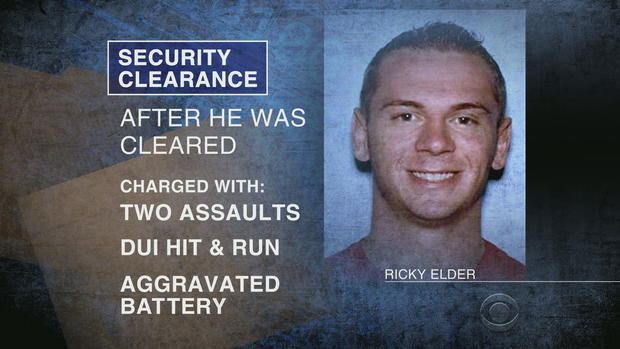Official: National security clearance process is "woefully insufficient"
U.S. Senator Jon Tester, D-Mont., called for hearings on Monday after a "60 Minutes" investigation, saying the broadcast exposed flaws in background investigations used to grant security clearances to federal employees and contractors.
A further look into the "60 Minutes" investigation examines how people hold on to clearances even after crimes and psychotic behavior.
In 2013, Aaron Alexis was profoundly psychotic when he murdered 12 people in a Navy office. He was a contractor with a security clearance.
"He had access to that building because he was supposed to be there with full access to secret materials that he never should have been able to get to," said Paul Stockton, a former assistant secretary of defense.
While leading an investigation, Stockton found that after Alexis got his clearance to handle secrets, he was arrested for firing a bullet through the ceiling of his apartment. He was also arrested for vandalizing a night club and displayed psychotic behavior.
"It was shocking that he was able to get and retain a security clearance," Stockton said.
But Alexis retained the clearance because, by regulation, it was up to him to self-report his crimes to his superiors. Otherwise, his clearance would not be automatically re-evaluated until it expired after 10 years.
Army Specialist Ricky Elder is a similar case. After he got his clearance, he was charged with two assaults, a DUI hit and run, and aggravated battery.
It took five years to suspend his clearance, after which he killed his commander and himself during a briefing.
Former Deputy Secretary of Defense John Hamre said the national security clearance process as it exists today is "elaborate and woefully insufficient."
Hamre also said people with clearances should be monitored continuously for signs of mental illness or criminal behavior -- because once you're in, you're in.
"We should be turning this thing upside-down and saying, 'What are the key jobs that are so sensitive that we're going to be monitoring these people intensively [and] continually?'"

